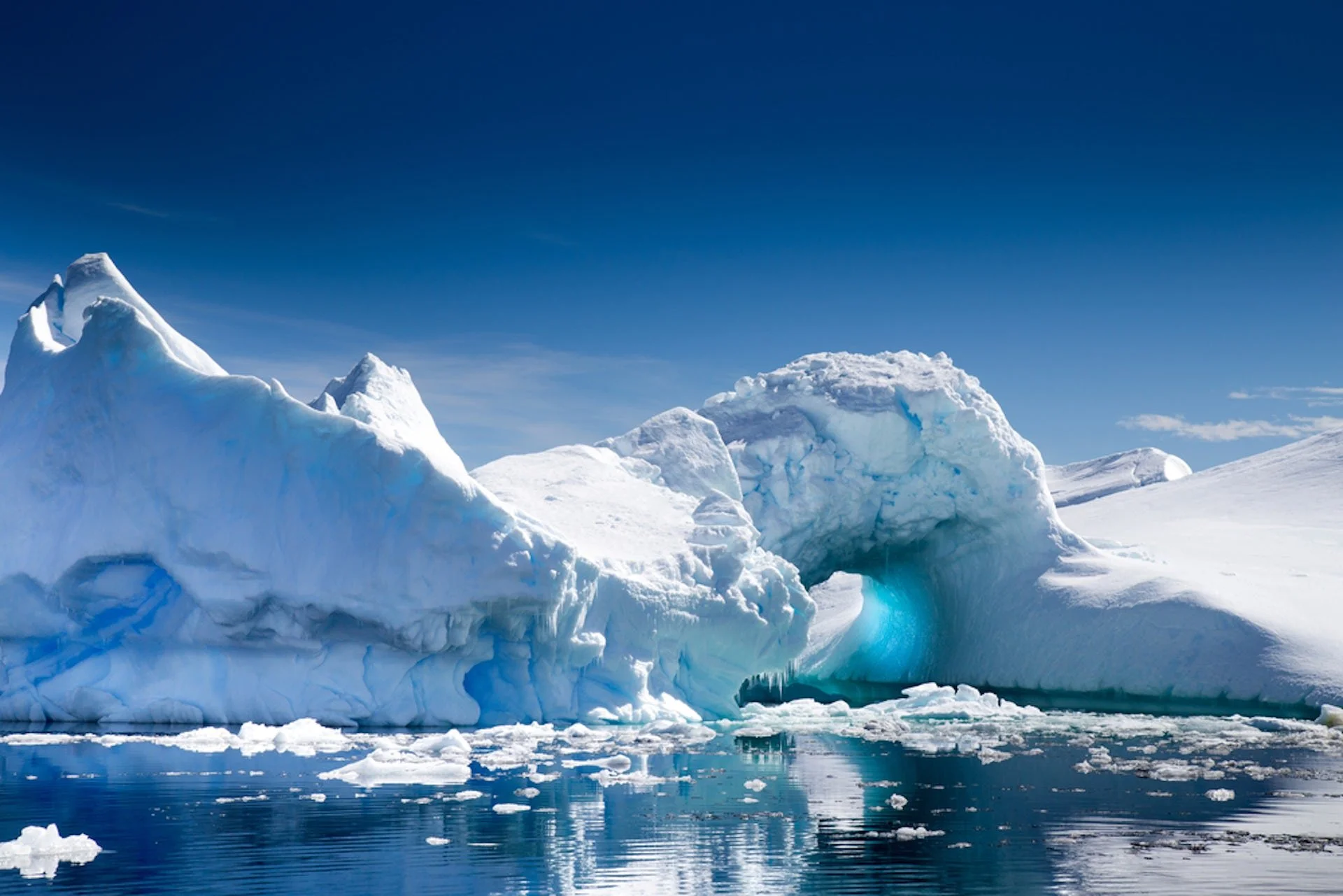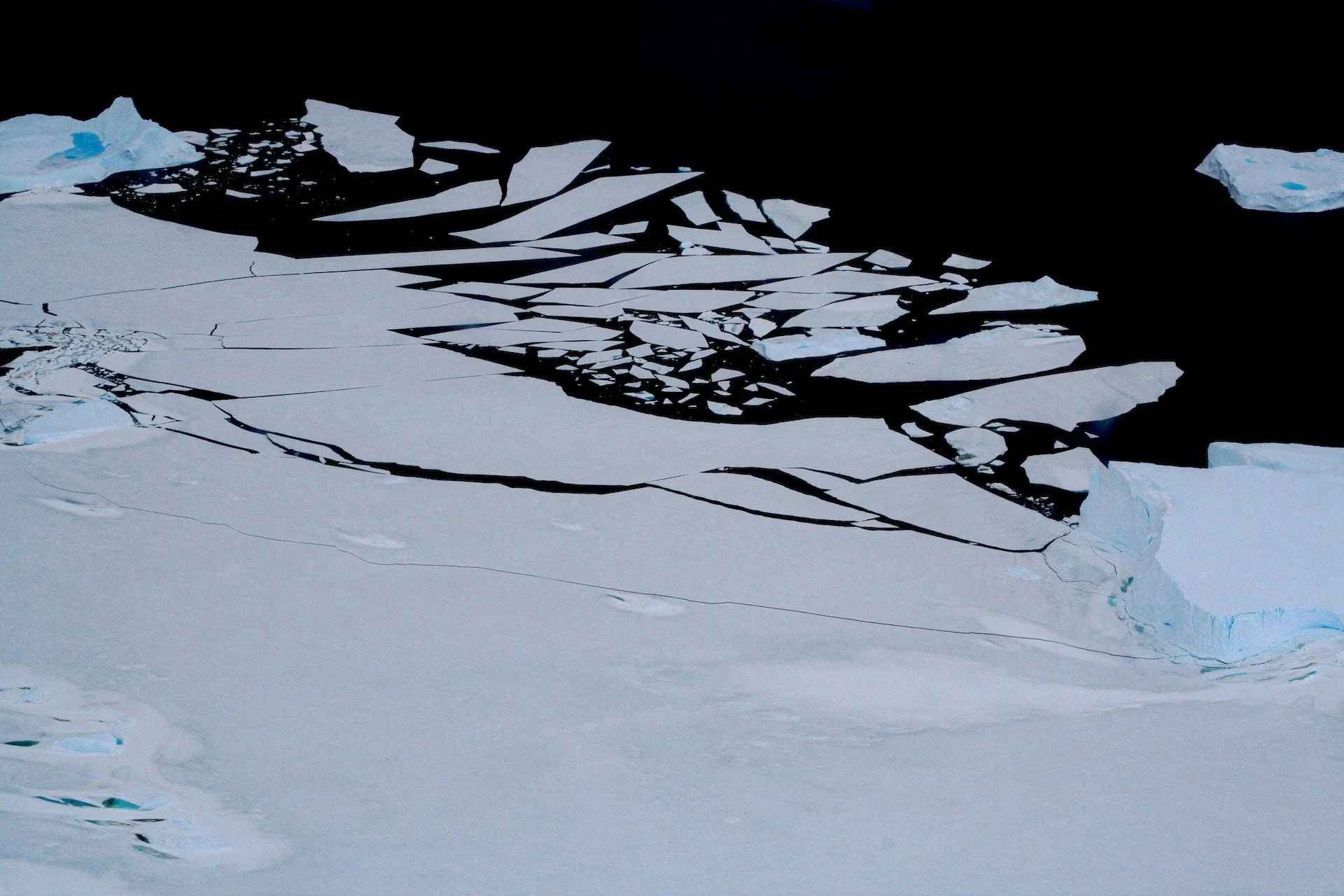A new study led by the University of Tasmania—with the participation of the University of Bonn—discovered the oldest marine DNA in deep-sea sediments of the Scotia Sea north of the Antarctic continent. The material could be dated to one million years. Such old material demonstrates that sedimentary DNA can open the pathway to study long-term responses of ocean ecosystems to climate change. Read more on Phys.org
Read MoreThousands of kilometres to the south, we can see a similar issue on a much larger scale in the Antarctic, where the sea ice is also struggling to form. The Antarctic sea ice extent — region with at least 15 per cent sea ice cover — reached a record low on Feb. 13. While the mass of the Antarctic ice sheet has been decreasing for a long time, the Antarctic sea ice extent has been strongly decreasing since 2016. Read more on The Conversation
Read MorePublished in The Lancet Planetary Health, the ‘Personal View’ paper led by Griffith University’s Professor Susan Bengtson Nash from the Centre for Planetary Health and Food Security, highlights that chemical pollution monitoring frameworks were lacking in the Antarctic and Southern Ocean region, which acts as barometers for planetary health. Read more at GriffithNews
Read MoreAnalysis of the geology below the Thwaites Glacier in West Antarctica shows there is less sedimentary rock than expected – a finding that could affect how the ice slides into the ocean in the coming decades. Read more on EurekAlert
Read MoreAustralian researchers have set off on their most ambitious polar expedition in two decades, aiming to drill down into million-year-old ice to learn about climate change. Read more in the Guardian
Read MorePrevious estimates of ice shelf loss come from satellite measurements, which captured ice shelves gradually thinning in recent years. We tracked how much extra ice had been lost as icebergs calve away from the retreating edge of the continent. We found Antarctica’s ice shelves have lost twice as much mass as previous studies suggested. Read more at The University of Tasmania (IMAS)
Read MoreOur new research is the first to review the many crucial roles of “landfast” sea ice around Antarctica. Landfast ice is frozen seawater that is fastened to the coast. It acts like a belt around the Antarctic coast, regulating the flow of ice shelves and glaciers into the sea. And it’s crucial habitat for Weddell seals and emperor penguins. Read more on The Conversation
Read More






